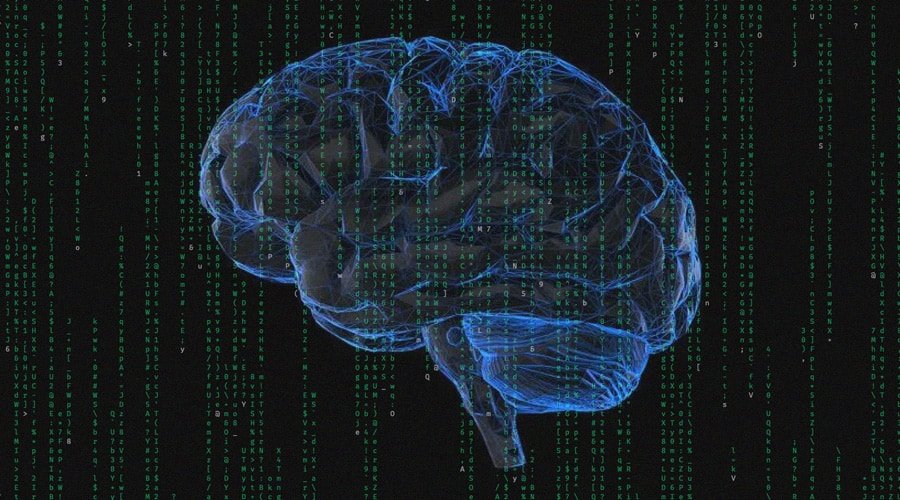Source – https://www.analyticsinsight.net/
Quantum computing has the capability to revolutionize computing by being the solution for previously unsolvable problems.
There’s a reason Google, Microsoft, IBM, and governments all over the world continue to invest heavily in quantum computing: they believe it will transform the world by solving issues that traditional computers can’t solve.
Every industry is slowly being disrupted by quantum computers. They’re revolutionizing the way we do business and the security we have in place to protect data, as well as how we battle illness and develop innovations, as well as how we solve health and climate issues.
According to the report, yet the “quantum jungle” of available devices and protocols remains hard to navigate, and researchers still need to work on identifying the most promising paths to quantum technologies that can be societally useful. However, a collaboration between two teams at the University of Arizona—one led by Zheshen Zhang and the other by Quntao Zhuang—shows that quantum entanglement can provide a quantifiable advantage to data classification, which is important in imaging and navigation.
The team identifies data from a network of entangled sensors using a machine-learning algorithm. They demonstrate that entanglement can improve both the accuracy and the speed of classification by comparing their scheme to one that uses traditional data processing. The research sets the door for a wide range of quantum-enhanced classification methods to be made possible by near-future quantum technologies.
Zhang, Zhuang, and colleagues investigate a path for quantum-enhanced data processing that stems from the marriage of quantum machine learning with the most well-established quantum technologies: quantum sensing and metrology.
“The work of Zhang’s and Zhuang’s teams focuses on a particularly intriguing case—a network of quantum sensors. The use of quantum information processing techniques to combine and analyze the quantum outputs of multiple sensors holds tremendous promise for realizing a quantum advantage. The potential gain stems from a fundamental feature of quantum metrology: The advantage provided by the coherent processing of sensor data scales as the square root of the dimension of the so-called Hilbert space that represents the quantum states sensed by the network. Since the dimension of that Hilbert space scales exponentially with the number of analyzed states, the quantum advantage for a quantum sensor network scales exponentially with the number of sensors.”
Zhang, Zhuang, and their colleagues decided to explore the quantum jungle by taking a route that crosses the line between quantum sensing and quantum machine learning. Whatever they found along the way proves that this path is worth exploring further.
